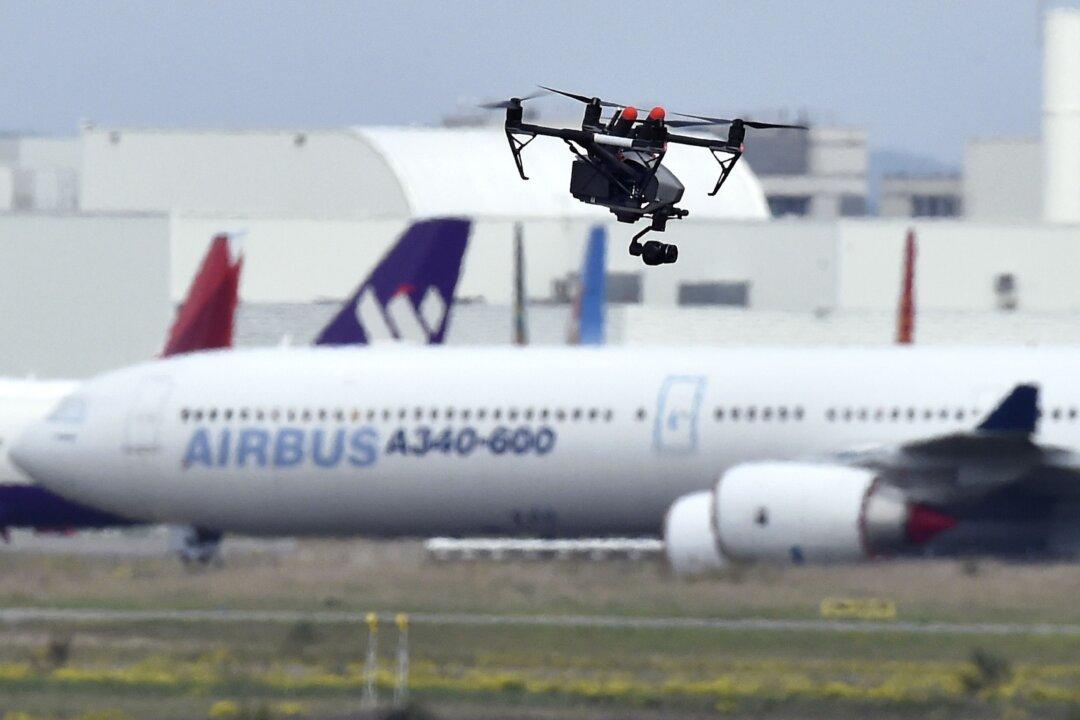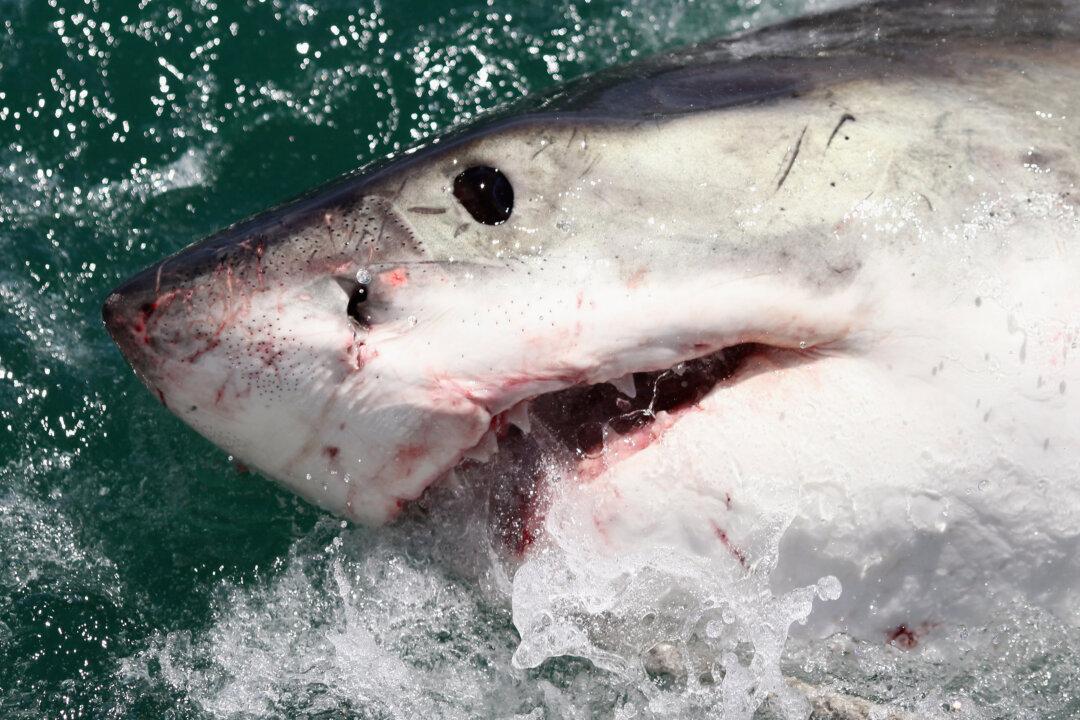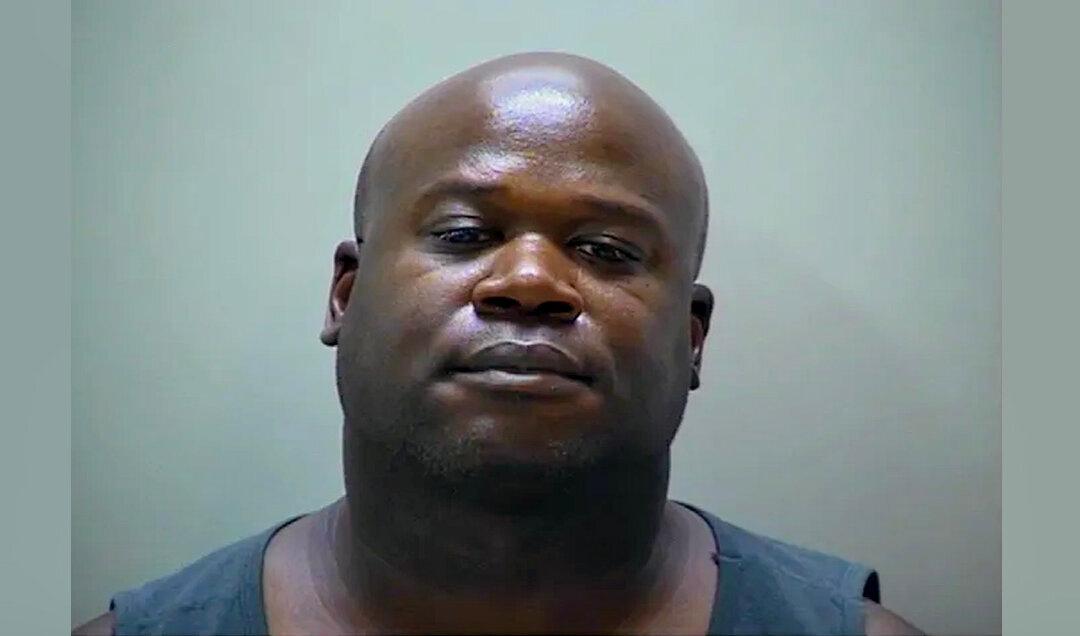Recreational drone users in Australia will need to register their aircraft and do a short course before taking off in public areas, according to new rules that could take effect mid-year.
The requirements are part of the Australian government’s Drone Registration and Accreditation Scheme, which the Civil Aviation Safety Authority (CASA) plans to introduce from as early as the second half of 2019.





